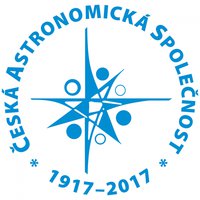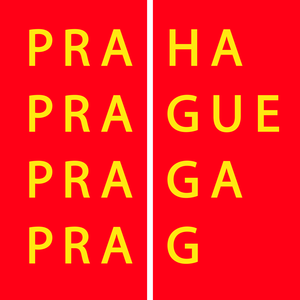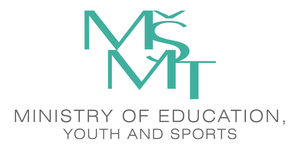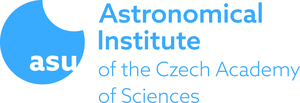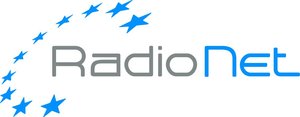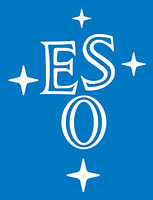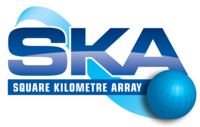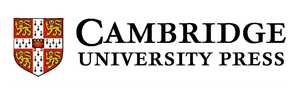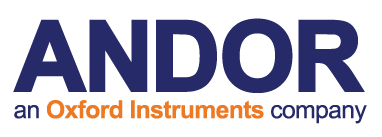Special Session SS16
28 – 29 June 2017
Developments and Practices in Astronomy Research Software
Aims and scope
As a recent informal survey1 found, astronomy research is increasingly dependent on software, yet software skills and management are often not part of an astronomer?s formal education, and the rewards system in academia and research institutions often does not recognize the contribution software makes to the discipline.
The goals of this Special Session are to 1.) share best practices for software and provide information on ways to improve and better manage research code, 2.) offer perspectives on software and explore the challenges and opportunities that exist and work being undertaken in astronomy and other disciplines on software issues; and 3.) promote open-source astronomy software development in the European astronomical community by showcasing open source software projects that have wide applicability, such as AstroPy and yt, and Docker and Jupyter notebooks for building software containers and preserving workflows. The Special Session will include open discussion with panelists and attendees in addition to traditional Q&A.
1https://www.authorea.com/users/10533/articles/18046
Programme
- Day 1: 28 June 2017
- Block 1: Best practices for code development and management
- Topics will include good development practices, such as version control, tools to help create documentation and test code, choosing a license for your software, managing releases and updates, building a user base, and dealing with the end of a code's natural life.
- Block 2: Perspectives in Research Software
- Topics will cover the role of software in research -- its importance and its role in research reproducibility -- and the increasing recognition of research software as a research object and output of research on its own merit. Panelists will present on changing the system to build support and recognition for software developers, acknowledging software contributions to science in academia for tenure and advancement, the work being done on software citation methods, and publishing and registering codes. After the speaker panel presentations, the floor will be opened for discussion.
- Block 3: Astronomy Software Packages Review
- Widely applicable astronomy softwares and libraries and new tools will be presented, such as Astropy, iPython notebooks, statistical libraries such as Scipy, software for data visualization, and Docker by developers and expert users, with Q&A after each presentation.
- Day 2: 29 June 2017, Hack Together Day
- This day will be open for all and dedicated to work on projects, individually or in small groups, of interest to the astronomical community.
Please read this astrobetter wiki page for more details.
We highly recommend you to pre-register as spots will be limited.
We request contributors of block 3 to be at the hack day, to help participants install, configure, and use the featured software packages.
Invited speakers
Invited speakers include:
- Simon Portegies Zwart (Leiden University/Editor of Computational Astronomy and Cosmology)
- Kai Polsterer (Heidelberg Institute for Theoretical Studies)
- Thomas Robitaille
Scientific organisers
Amruta Jaodand, ASTRON/University of Amsterdam
Alice Allen, Astrophysics Source Code Library
Matteo Bachetti, Osservatorio Astronomico di Cagliari
Abigail Stevens, University of Amsterdam
Rein H. Warmels, European Southern Observatory
Contact
Amruta Jaodand, amruta.jaodand @ gmail.com | Alice Allen, aallen @ ascl.net | astrosoft.ewass2017 @ gmail.com
Updated on Wed Feb 15 13:43:51 CET 2017
|
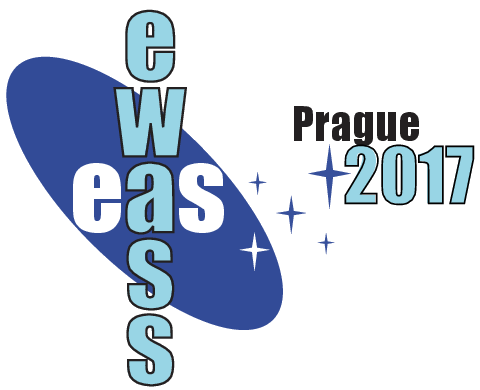
 A power cut will shut down all EAS services on Tuesday, 10 January 2017 starting at 7:30 CET.
A power cut will shut down all EAS services on Tuesday, 10 January 2017 starting at 7:30 CET.

